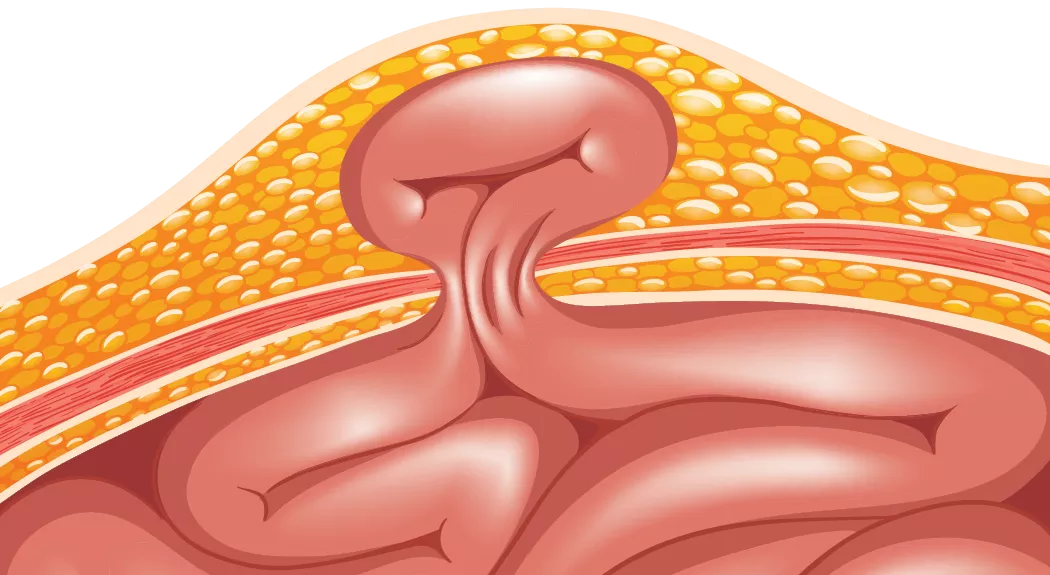
If you have a hernia, you may be dealing with an array of possible symptoms, including:
- A bulging lump in your abdomen
- Pain or discomfort
- A “heavy” feeling
- Heartburn or nausea
- Difficulty swallowing
According to the National Institutes of Health, about 4.5 million Americans have a hernia. It’s a weakened spot in the tissues of the abdomen or groin area that allows organs to push through. While there are several types of hernias, they rarely disappear on their own, says AAMC hernia specialist Igor Belyansky, MD, who specializes in hernia and abdominal wall reconstruction.
“A hernia can develop at any time in someone’s life,” Dr. Belyansky explains. “Once one develops, often it slowly gets bigger over time.”
Although surgery is the only way to fix a hernia, not all hernias require surgical treatment. Some hernias don’t ever cause symptoms. Most hernias only need treatment if it’s causing significant discomfort or cutting into your enjoyment of daily living.
Besides surgery, other treatment options include:
- Lifestyle changes such as weight control
- Medications such as heartburn relievers
- Abdominal support belts known as “binders” that help contain protruding tissue
“Anyone with a bulge in their abdominal wall should visit a doctor for evaluation,” says Dr. Belyansky.
Learn how James Savoy, Jr., underwent surgery to remove his hernia and cancerous prostate gland at the same time.




